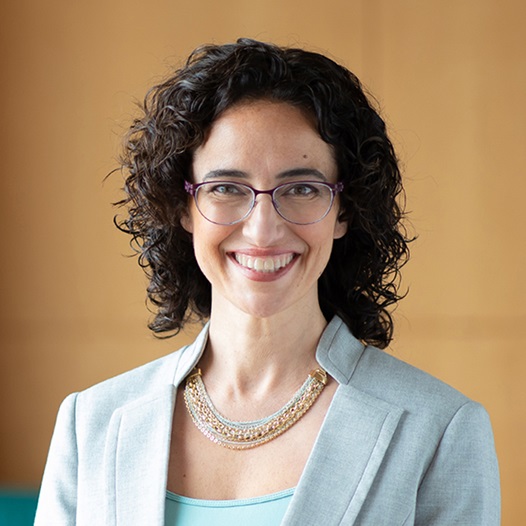The Proctor Foundation and UCSF have a long tradition of training clinicians in the art of medical and surgical cornea. With the combination of outstanding clinical and surgical training, exposure to diverse faculty, unique research opportunities and a complex patient population, we are confident that our fellows are well equipped to successfully obtain their first job, as well as manage complex medical and surgical cornea and uveitis. We particularly enjoy mentoring fellows interested in academic careers.
Deadline for Cornea fellowship applications 9/3/24
Cornea fellowship interviews 10/10/24
What is unique about the UCSF Proctor Foundation Cornea Fellowship Program?
Balanced exposure to refractive surgery, complex corneal surgery and medical cornea - on average fellows are expected to perform approximately 70 cornea transplants (penetrating and endothelial), 10 sutured IOLs, and 35 ocular surface procedures and 65 refractive cases as primary surgeon throughout the year.
Gerami Seitzman, MD
Ophthalmologist
Director & Cornea and refractive surgery specialist

Jeremy Keenan, MD, MPH
Ophthalmologist
Cornea and refractive surgery specialist
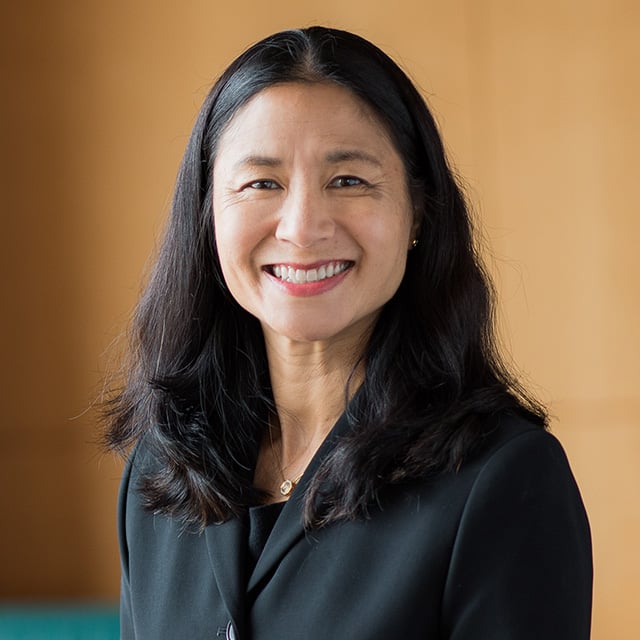
Matilda Chan, MD, PhD
Ophthalmologist
Cornea and refractive surgery specialist
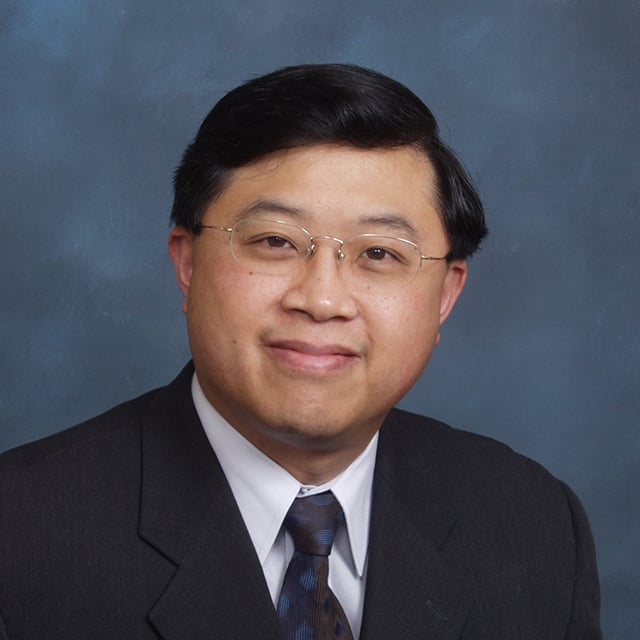
David Hwang, MD
Ophthalmologist
Cornea and refractive surgery specialist
Julie Schallhorn, MD, MS
Ophthalmologist
Cornea and refractive surgery specialist
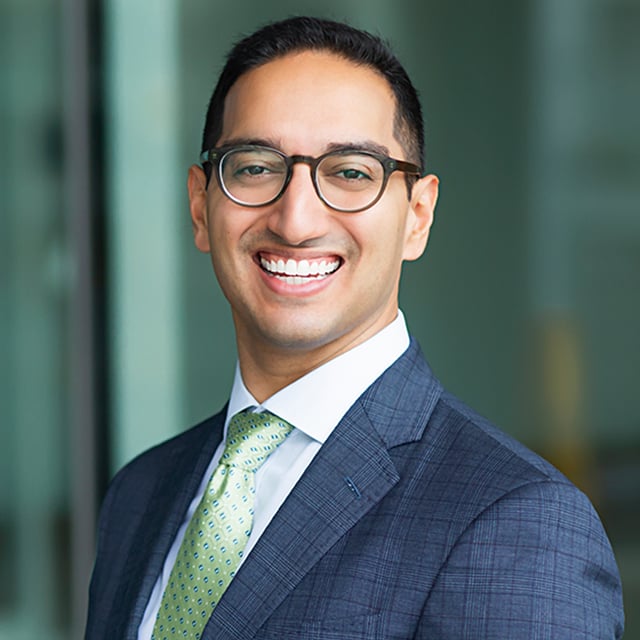
Neel D. Pasricha, MD
Ophthalmologist
Cornea and refractive surgery specialist
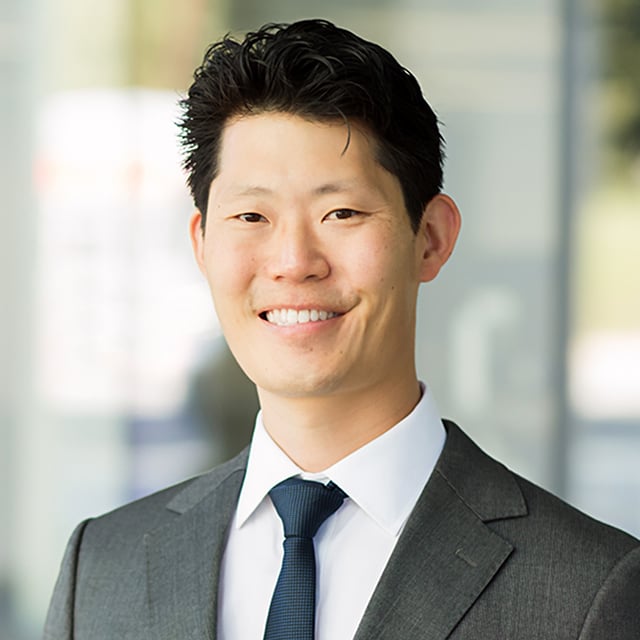
Tyson Kim, MD, PhD
Ophthalmologist
Cornea and refractive surgery specialist
Simon Fung, MD, MA(Oxon) FRCOphth
Ophthalmologist
Cornea and refractive surgery specialist
Dedicated didactic sessions - Wednesday noon conference and cornea clinic, Kodachrome and Grand Rounds every week
Research - Opportunity to work on a mentored research project, with exposure to innovative clinical trials. Fellows are required to complete a mentored research project during the fellowship year. They choose a topic early in the year, and receive guidance in study design, implementation, and analysis from their chosen faculty member. The research is presented at the fellowship graduation ceremony at the end of the year.
Mentorship – from faculty with diverse interests such as corneal transplantation, refractive surgery, dry eye, ocular inflammatory disorders, and complex intraocular lens management.
International ophthalmology opportunities - fellows are encouraged to participate in research being conducted by faculty in the International Programs group, who conduct research in countries throughout the world, including Nepal, India, Thailand, Ethiopia, and Niger.
National meetings – there is support to attend professional meetings such as ARVO and AAO. Fellows are expected to present at ARVO and to submit a publication by the end of the year.
Eyebanking – our have several eye banking immersion opportunities with Sightlife and Sierra Eye Banks.
PROSE – UCSF houses one of only two PROSE sites on the West Coast, which allows fellows to gain experience managing patients with this device.
Throughout the year our fellows learn in 3 distinct practice settings, this time is roughly split into 3rds
Proctor Medical Group: Proctor faculty teach fellows about the diagnosis and management of infectious and inflammatory eye diseases, including complex external disease and uveitis. Each Wednesday afternoon throughout the year is devoted to a teaching clinic attended by numerous Proctor faculty. During this clinic, faculty, fellows, and residents examine a relatively small number of patients with complex diseases, and the entire afternoon is spent discussing the diagnosis and management. Few fellowship programs offer such in-depth, one on one teaching.
UCSF Department of Ophthalmology: Fellows spend approximately 3.5 days per week with UCSF cornea faculty for 6 months of the year. This is a very busy clinical and surgical service where fellows spend approximately 2 days per week in the OR and are exposed to the entire breadth of complex corneal surgery including DSAEK, DMEK, DALK, PKP, Boston Keratoprosthesis, limbal stem cell transplantation, sutured lenses, pterygium surgery and ocular surface tumors/lesions. Each attending on the cornea service has a different approach to corneal surgery which is an ideal learning environment.
Kaiser Permanente: Fellows rotate with cornea specialists at Kaiser Redwood City, San Francisco, Santa Clara and Oakland. Fellows perform approximately 2 corneal transplants per week at Kaiser including DSAEK, DALK and PKP. This is an opportunity to practice outside of the academic setting and to see more routine cornea patients.
Refractive Surgery: While there will be an opportunity to perform refractive surgery on the UCSF Department of Ophthalmology rotation, the majority of refractive surgery experience is gained during a 2-week intensive refractive course at the US Navy Refractive Surgery Program in San Diego, CA. Fellows receive intensive instruction in the use of various corneal imaging devices for refractive surgery screening and typically perform 40-50 cases in the laser suite.
Contact:
Sarah Lopez, OD
Email: [email protected]
Francis I. Proctor Foundation
490 Illinois St., Floor 2
San Francisco, CA 94143-0944

